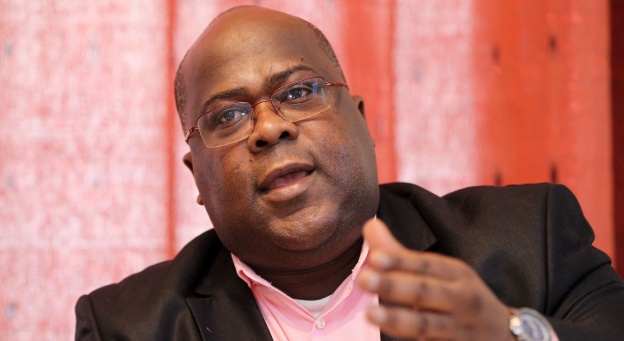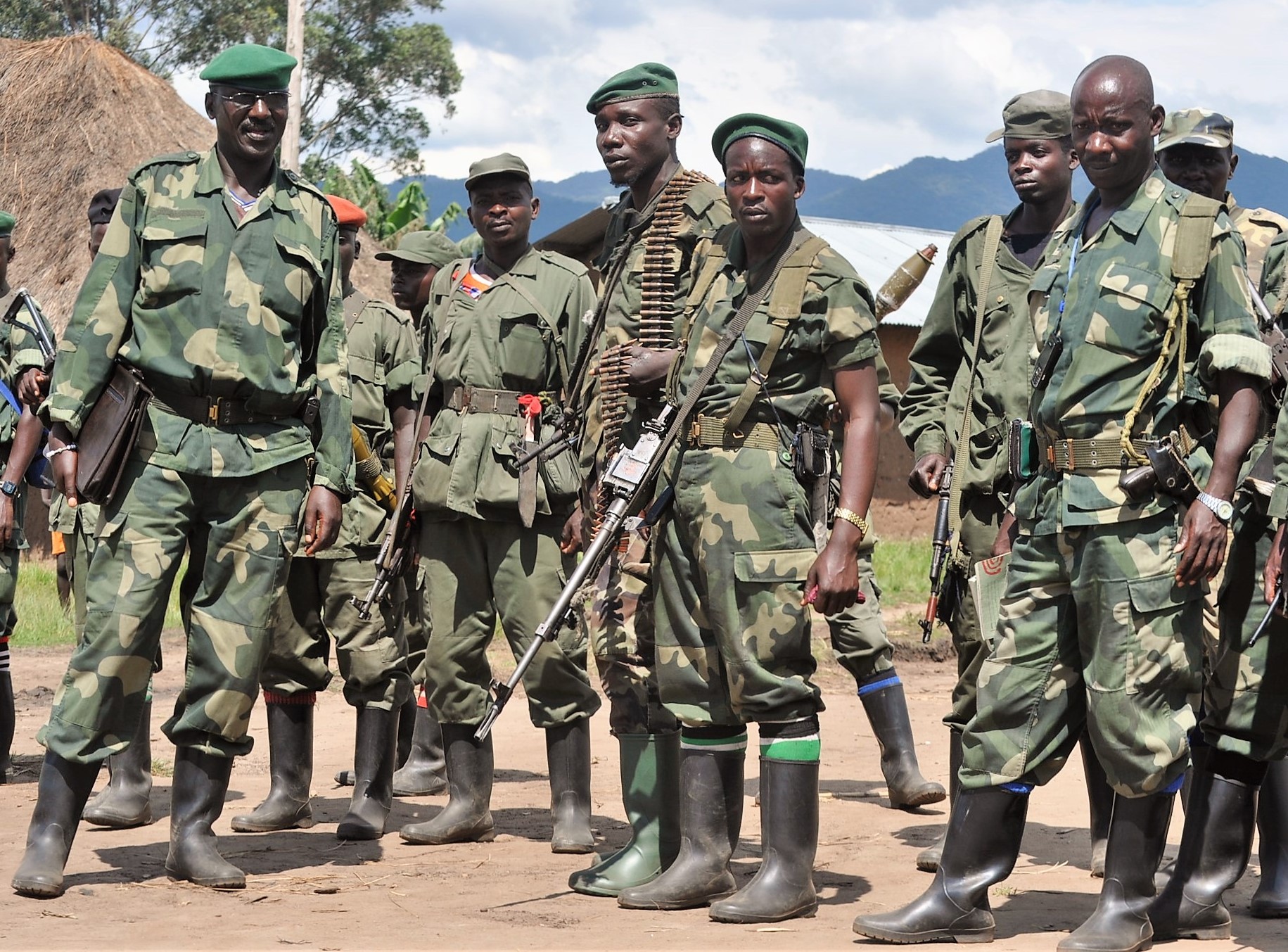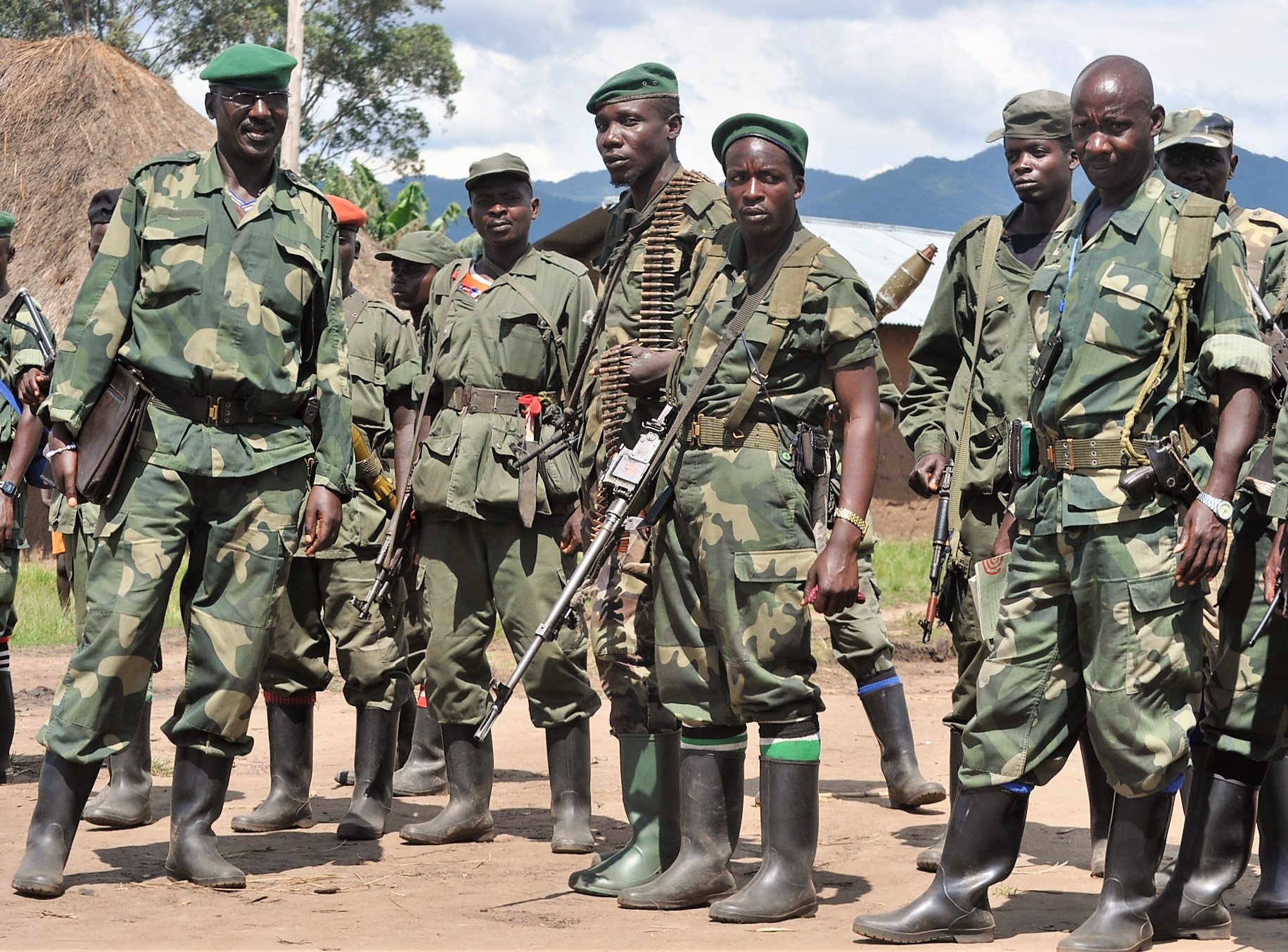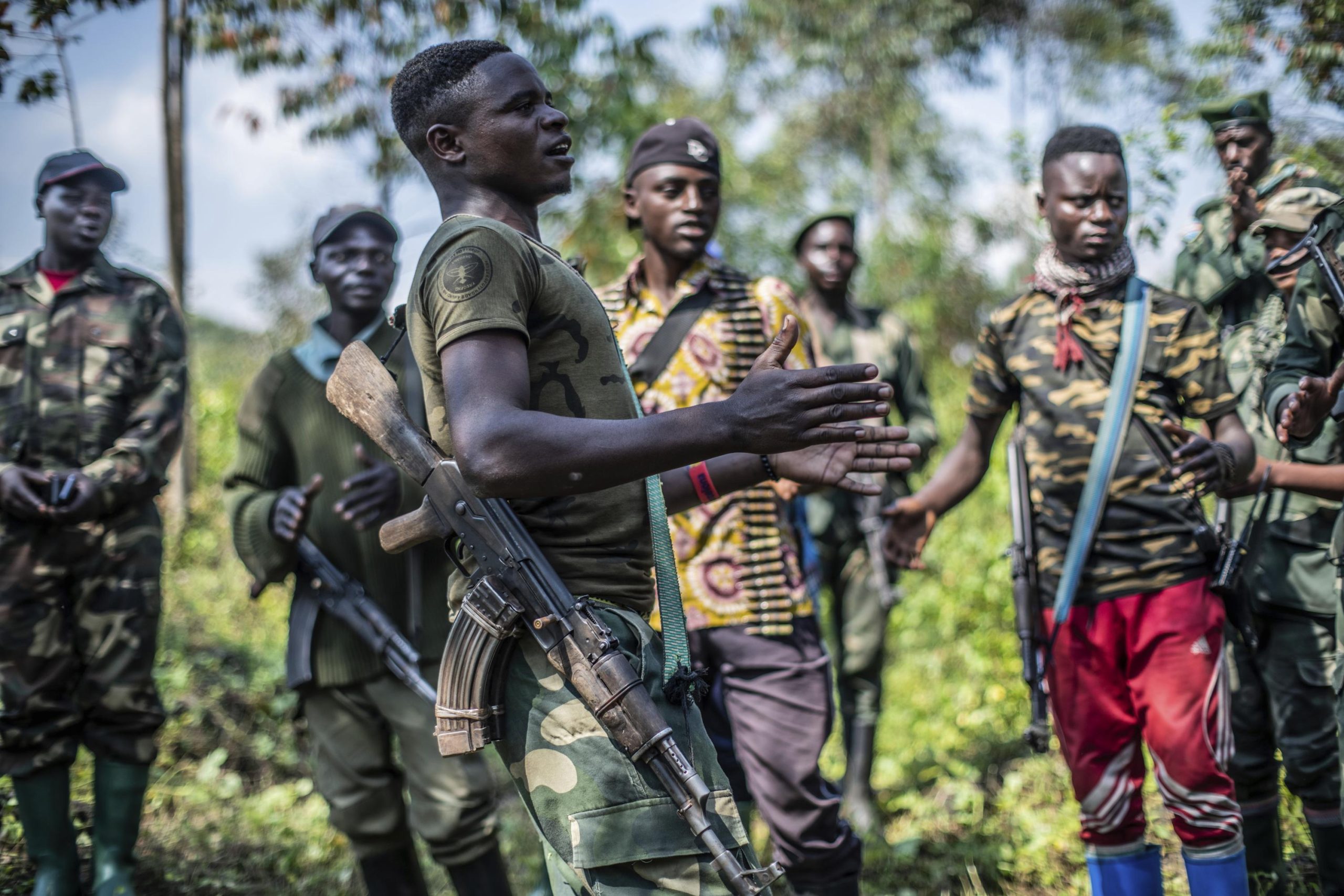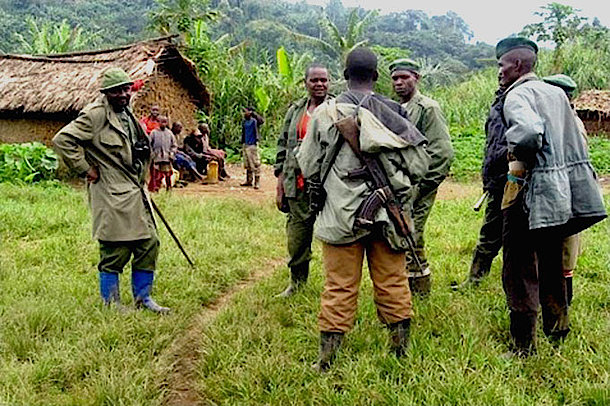Regional
Walikale: FDLR's economic bastion
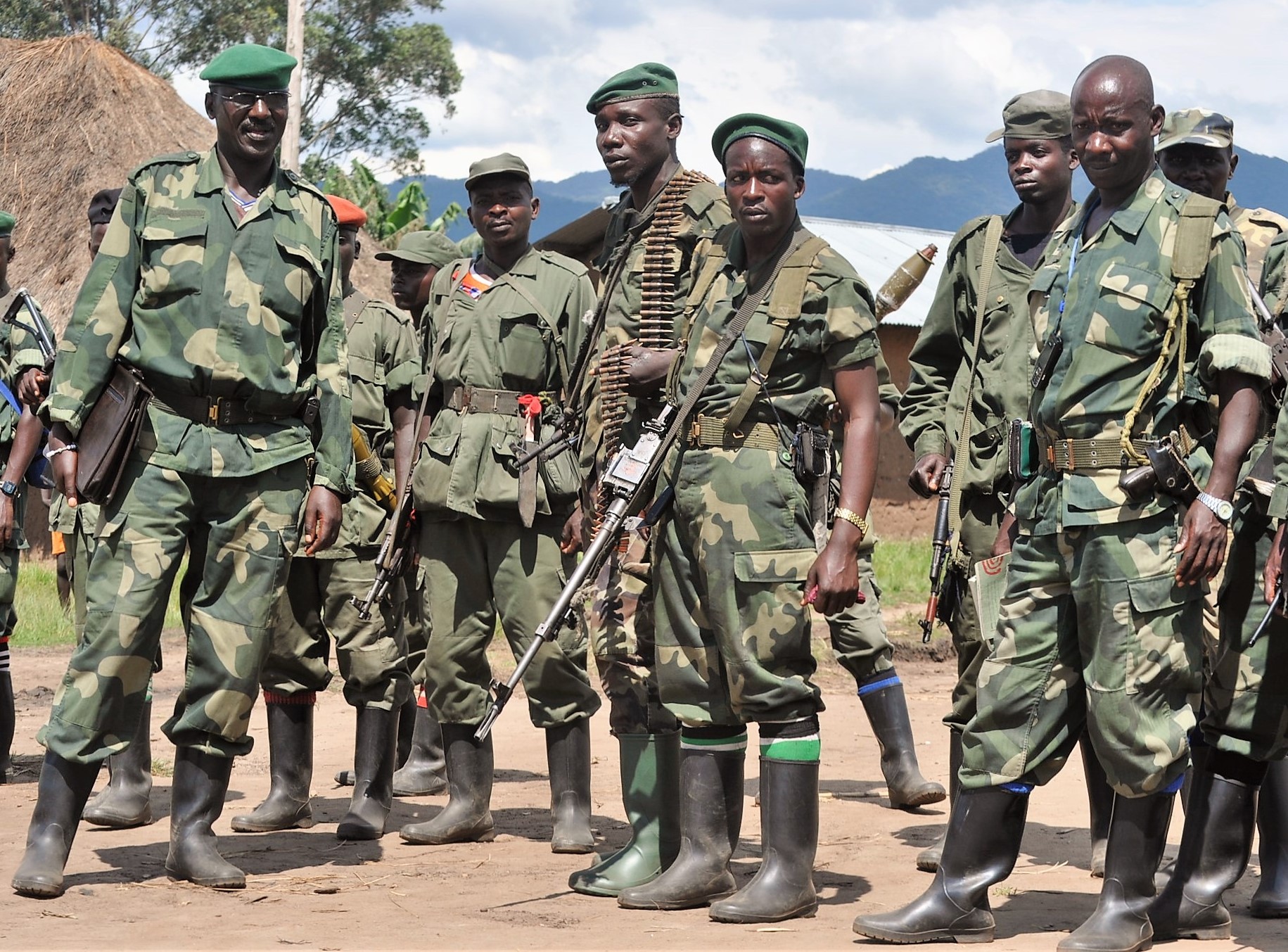
FDLR members.
The M23 rebels have liberated the village of Kalembe, located in Walikale territory, one of the zones in DRC's North Kivu Province and home to the largest tin deposits in the country. The vast region also has gold mines.
For a long time, Walikale has
been a bastion for FDLR, a terrorist group formed by remnants of the
perpetrators of the 1994 Genocide against the Tutsi in Rwanda.
Former FDLR combatants who
returned to Rwanda have noted that Walikale is a key revenue source for the
genocidal militia. The region is inhabited by people interested in trading, and
has a small airport used to transport minerals, privately, without the area
authorities’ involvement.
The inhabitants of Walikale
coexist with FDLR, viewing them as business partners and protectors. Today,
FDLR is in alliance with NDC (RENOVE) to fight M23 rebels, but previously, they
were in constant conflict over minerals.
For Congolese officials, FDLR
is a residual force that does not represent any threat to Rwanda and is
simultaneously used by the government to fight M23.
In Walikale, FDLR leaders have
Congolese soldiers under their command, using them to further their economic
self-interest.
In 2013, Muhirwa Robert, alias
Silas, and two colleagues escaped to Rwanda after killing three FDLR commanders
who were in charge of them in Walikale. Other FDLR combatants who returned to
Rwanda explained that the system operates “through the exploitation of
minerals, the hunt for elephants, wood, and barter trade.”
The members of the genocidal
militia take gold to Walikale, where they are paid in dollars or Congolese
francs, or perhaps in palm oil, which they then sell to the local population
nearby. FDLR commanders use Congolese soldiers to sell merchandise, as they do
not go to the market to barter by themselves.
Within FDLR, promotions make
it possible for individuals to aspire to ranks that will enable them to command
the free labor force. People who get promoted have significant influence.
Not only do FDLR commanders’
thrive in Walikale, but their politicians and most-wanted genocide fugitives,
such as Charles Kagabo, are living peacefully there.
Kagabo who was the bourgmestre of commune Ntongwe in the former Gitarama Prefecture, where killings during the Genocide against the Tutsi were systematic and comprehensive. He did not limit himself to his commune. He dedicated time and effort to ensure that the neighboring commune of Mugina did not lag behind in the killings.



